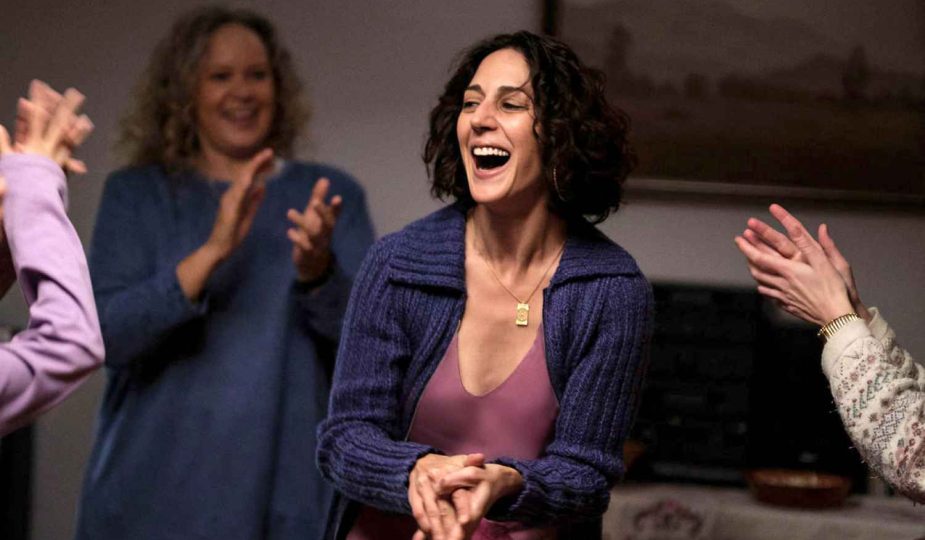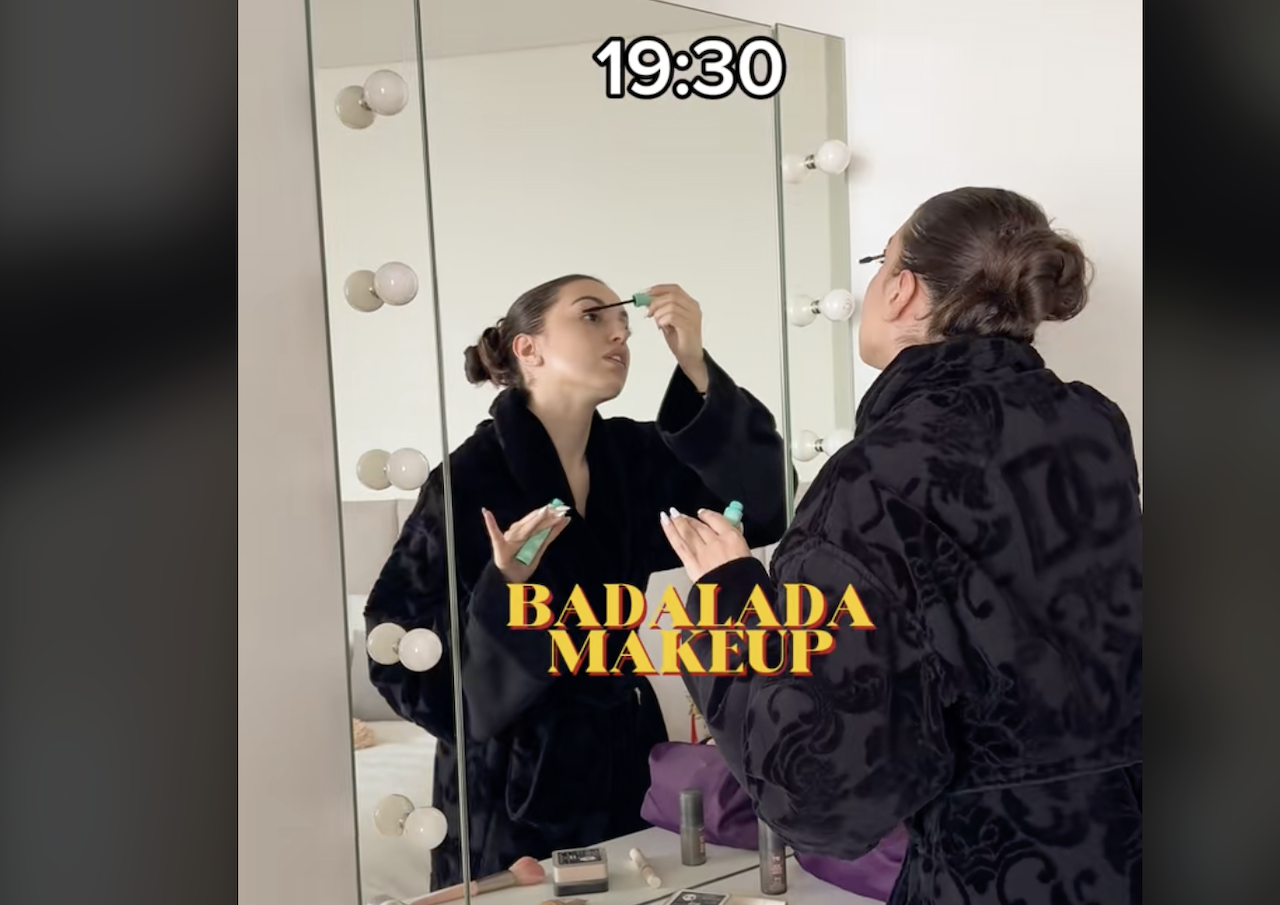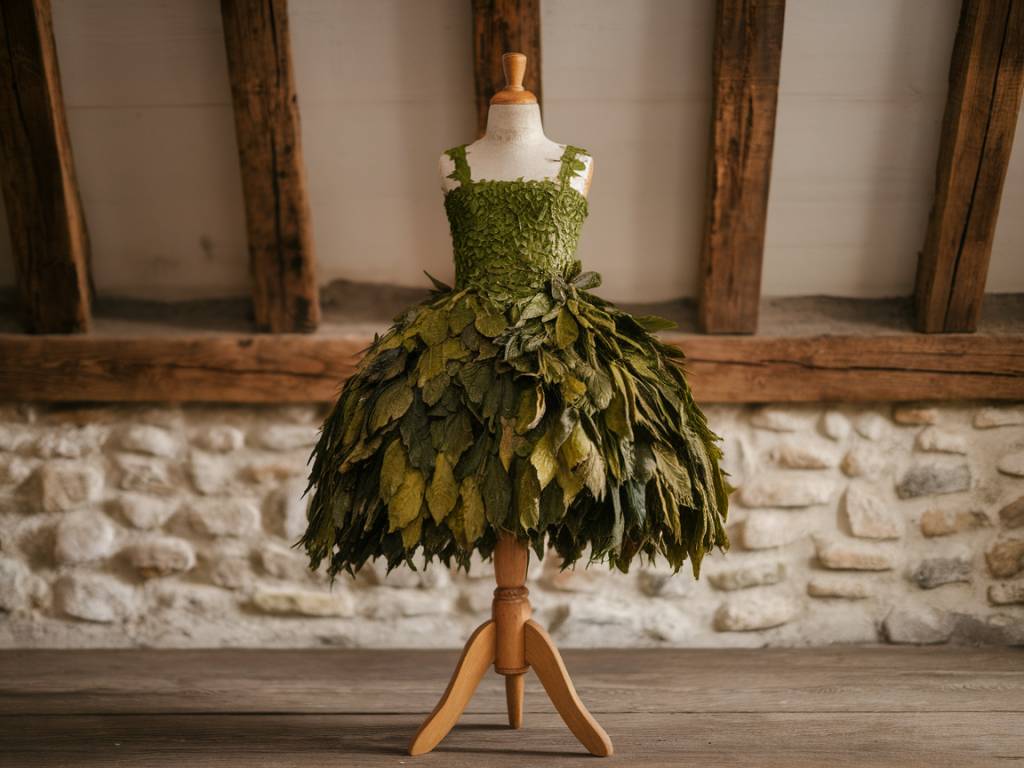A fierce portrayal of survival and solidarity
“Shayda,” directed by Noora Niasari, unfolds the harrowing journey of an Iranian student trapped in an abusive marriage. Shayda, played by Zahra Amir Ebrahimi, discovers she is pregnant just as her controlling husband prepares to return with her to Iran after graduation. Realising her daughter’s fate could be sealed by cultural and legal constraints at home, Shayda makes the courageous choice to flee. Seeking refuge in a women’s shelter, she confronts fear, trauma and cultural expectations, charting a path to reclaim safety and identity.
Subtle direction that amplifies every tension
Noora Niasari employs a restrained visual style to heighten the emotional stakes. Sparse interiors, muted colour palettes and handheld camera work place us inside Shayda’s world, where every glance and gesture carries weight. Long, unbroken takes underscore the claustrophobia of her life under constant surveillance, while quieter moments in the shelter allow the audience to feel her wavering hope. Niasari’s deliberate pacing ensures that the film never resorts to sensationalism—each scene resonates through authenticity rather than spectacle.
Standout performances that redefine resilience
- Zahra Amir Ebrahimi embodies Shayda’s complex fear and determination with astonishing nuance. Her silent expressions reveal the depth of her turmoil as much as her impassioned outbursts.
- Mojean Aria captures the duality of Shayda’s husband—charming to outsiders, brutal in private—reminding us how abusers can hide behind a veneer of normalcy.
- Jillian Nguyen and Leah Purcell as shelter workers bring warmth and solidarity. Their performances illustrate the power of listening and empathy, offering Shayda a lifeline.
Key themes: agency, hope and community
At its heart, “Shayda” is about agency. Facing cultural pressures and legal barriers, Shayda carves out a measure of control by seeking help, highlighting that escape from abuse often requires a network of support. The women’s shelter is a microcosm of community resilience, where shared stories become sources of strength. The film also explores the generational role of motherhood: protecting her unborn child becomes Shayda’s ultimate act of defiance.
A universal story with cultural specificity
While set within the Iranian diaspora, “Shayda” speaks to a global audience. It shines a light on how legal and societal structures can trap victims, regardless of region. The film’s release during Pride Month also underscores broader themes of freedom and self-expression—parallels drawn between the fight against domestic oppression and the struggle for LGBTQ+ rights. By staying true to authentic voices and lived experiences, Niasari creates a film that is at once particular and universal.
Why “Shayda” deserves your attention
- It tackles the often-overlooked reality of abuse within diasporic communities with sensitivity and courage.
- The performances are career-defining, especially Zahra Amir Ebrahimi’s portrayal of a mother’s fierce love.
- Its deliberate pacing and naturalistic cinematography draw viewers deeply into Shayda’s lived experience.
- It offers both an urgent social message and an intimate character study, making it a must-see for cinema lovers and social advocates alike.
Practical information and screenings
“Shayda” is currently screening at independent cinemas and select international film festivals. Check local listings for subtitled showtimes. For those seeking a digital option, some streaming platforms will add the film in the coming weeks as part of Pride Month programming. Prepare tissues, an open heart and a willingness to be moved by a story of survival, solidarity and hope.










